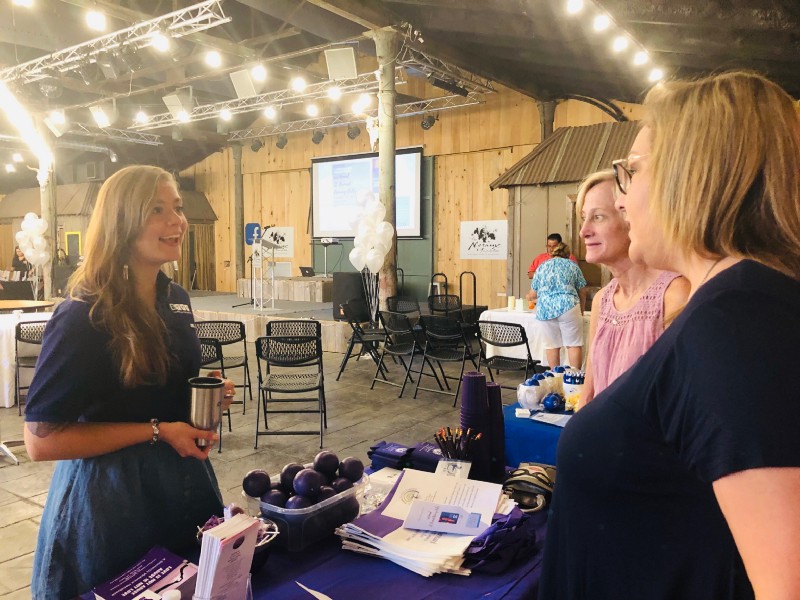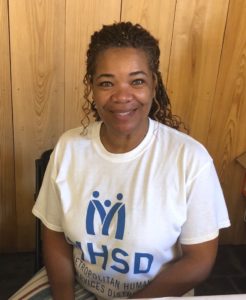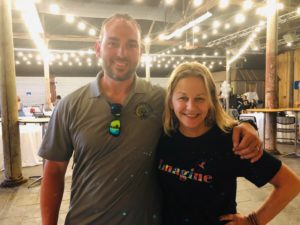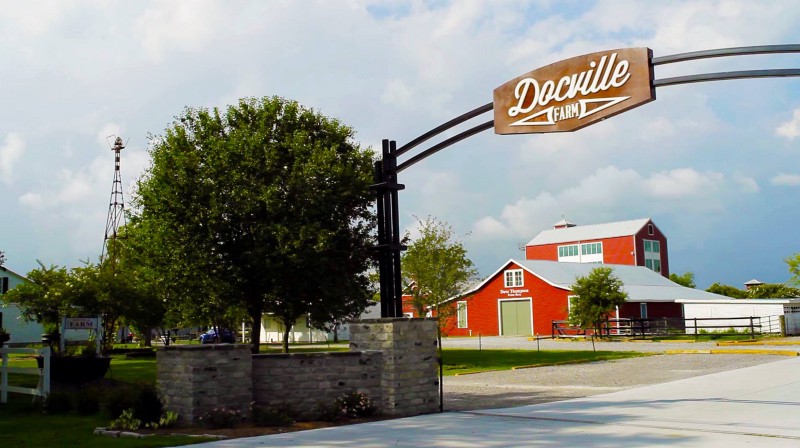“This is about community.”
Four years in the making, St. Bernard Recovery Awareness’ first step as a nonprofit organization was to get the St. Bernard Parish Council to proclaim National Recovery Month, and the nonprofit was successful in this endeavor. In line with the proclamation of National Recovery Month, on Saturday, September 7th, local behavioral health companies and organizations filled the space at Docville Farm to celebrate the 3rd Annual St. Bernard Recovery Rally.
“To utilize a consortium of community resources to identify and eliminate barriers within the mental health system that impede one’s journey of recovery,” is part of the mission statement at St. Bernard Recovery Awareness.

On Saturday, September 7, TPN. Health set up alongside event participants to partake in that consortium of resources. We spoke to fellow behavioral health service providers as well as members of the community seeking resources. Tia Serigne, team member at St. Bernard Recovery Awareness, in her opening remarks at the event said, “This is about community,” and the proceedings of the event reflected that statement, not only for the community of people seeking help in St. Bernard Parish but the community of behavioral health service providers in the area.
Over lunch I spoke to Dave, a recovering person who was born and raised in St. Bernard Parish. He spoke of his own journey in recovery and the resulting evolution of relationships within his own family, some of whom had accompanied him to the rally. He expressed that coming to events like this one was part of his personal recovery.
James T., also a local resident in recovery, addressed the entire room in telling his story as a recovering addict. The three hardest words he ever had to say to his wife were, “I need help.” Dave, sitting next to me, said quietly, “That’s hard to do.” I share the same experience; it is hard to do. Asking for help is something that I have to practice of my own volition. It’s not in the natural order for me, and the more I talk to people who are seeking solutions to their problems, the more I realize that other adult people the have the same sense of difficulty in asking for help.

When I asked Sanquinette Haynes, LMSW, representing the Metropolitan Human Services District, what she deems important for herself as a clinician and her community of clinicians, she references her experiences in pre-flight safety presentations on airplanes. Who gets the gas mask first? If you’ve been on an airplane, you know the answer. “Place the oxygen mask on yourself first before helping others who may need your assistance.” In her experience, this is a draining profession in which clinicians need to remember to care for themselves emotionally and physically.
Captain Raul Vallacillo of the St. Bernard Fire Department in his address to the whole room also spoke to the need of care for service providers, specifically first responders — firemen, policemen, and medics — in the community of St. Bernard Parish. This could take the form of support groups to serve as a safe place for members to process in community. Following Vallacillo’s address, I spoke with Robert Fezekas, LMSW, President of St. Bernard Recovery Awareness, who said that creating these resources for first responders in St. Bernard Parish is part of the next project for the nonprofit.

The St. Bernard Recovery Awareness efforts and successes in bridging the gaps in behavioral health for the community of St. Bernard Parish inspires TPN. Health and is in the spirit of our work to form collaborative connections with providers and professionals and innovate in the behavioral health industry.
What Robert Fezekas, LCSW, and team members are doing for this community should be a template for the providers of behavioral health resources everywhere. This work is actively bridging gaps among treatment providers and fostering open communication about the needs of those seeking help.

How does bridging gaps work?
At TPN.Health, we believe bridging gaps — thereby forming connections — begins with honest conversations. What are the needs, concerns, and visions of the clinicians and communities we serve? What assistance can you use as humans in a helping profession?
We want to hear from you!
Keep up with the progress of TPN.Health! Subscribe to our mailing list.
Sign up today to start connecting with clinicians in Louisiana.
